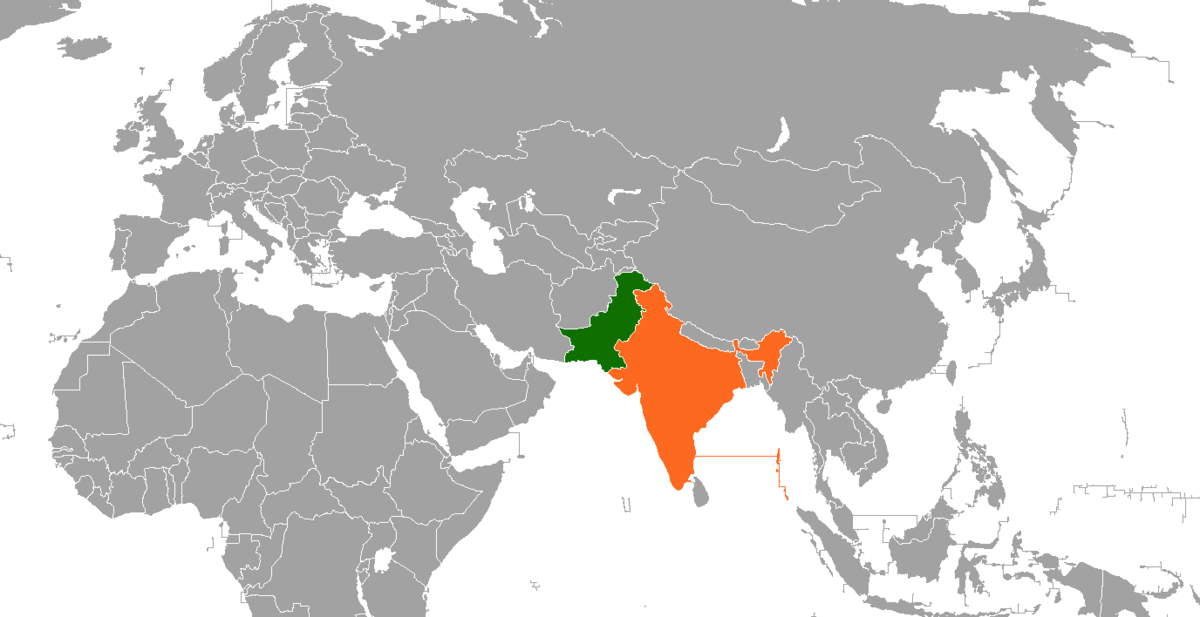
Addressing a public rally in Rajasthan's Palana, PM Modi stated that the Indian armed forces destroyed nine major terror hideouts within 22 minutes, showcasing the nation's resolve against terrorism. He emphasized that this decisive action has forced Pakistan to "go down on its knees," highlighting the effectiveness of India's counter-terrorism measures.
The Pahalgam attack, which targeted tourists in the Baisaran Valley, was orchestrated by Lashkar-e-Taiba and its proxy, The Resistance Front . Intelligence reports identified Saifullah Kasuri, a senior LeT commander, as the mastermind behind the assault. The attackers, armed with M4 carbines and AK-47s, selectively targeted Hindu tourists, demanding they recite Islamic verses before opening fire.
In the aftermath, India suspended all visas for Pakistani nationals, ordering them to leave the country by April 27. Medical visas were valid until April 29. The government also initiated a nationwide civil defence exercise, Operation Abhyaas, on May 7, involving 244 districts to bolster emergency preparedness.
The National Investigation Agency has taken over the probe, deploying a six-member team, including forensic experts, to the Baisaran Forest in Pahalgam. Investigations revealed that the terrorists used encrypted mobile applications to communicate with handlers in Pakistan. Two local terrorists, Adil Guree and Aasif Shaikh, have been identified as part of the group, with support from TRF operatives for logistics and reconnaissance.
External Affairs Minister S. Jaishankar highlighted the influence of Pakistan Army Chief Asim Munir's "extreme religious outlook" in connection with the Pahalgam attack. He suggested that high-ranking officials in Pakistan may have played a role in fostering extremism leading to the incident.
At the Raisina Tokyo 2025 forum, Foreign Secretary Vikram Misri emphasized the need to distinguish clearly between victims and perpetrators in terror incidents, referencing the Pahalgam attack. He underscored the importance of international cooperation in countering terrorism.
In a diplomatic initiative, a multi-party Indian delegation embarked on an overseas mission to highlight Pakistan-sponsored terrorism to the international community. The delegation, led by DMK MP Kanimozhi and including former soldier Capt Brijesh Chowta, visited countries like Russia, Slovenia, Greece, Latvia, and Spain to present India's united stance on terrorism.
The Pahalgam attack has reignited concerns about security in the region, particularly as Jammu and Kashmir has seen a resurgence of militant activities. The incident has also impacted the local tourism-reliant economy, with businesses closed and tourist areas off-limits.
